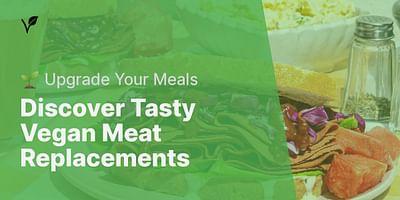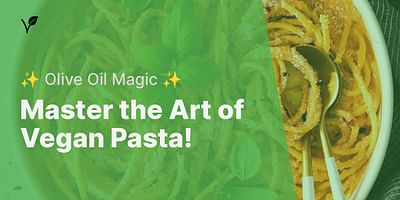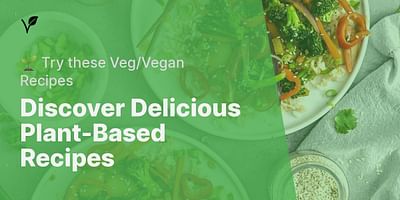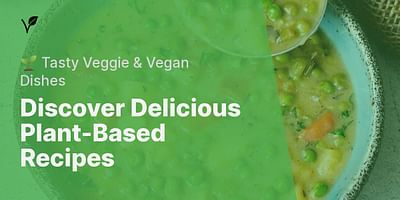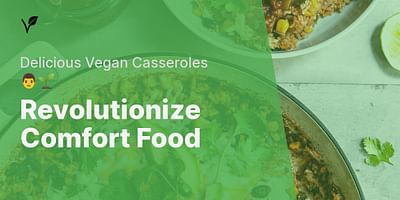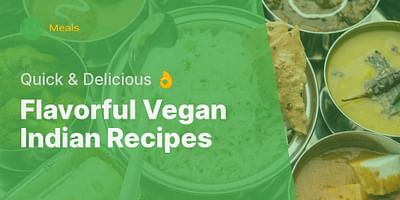Domingo is a university scholar with an ambition to become a renowned chef in the field of vegan gastronomy. He revels in the art of creating innovative vegan recipes and mastering new culinary techniques. His ultimate goal is to establish his own vegan restaurant. In his leisure time, he likes to watch various cooking shows and enhance his knife handling skills.
As an aspiring chef and lover of all things vegan, I'm thrilled to share with you the best diet plan for both vegan men and women. Whether you're looking to maintain a healthy lifestyle, build muscle, or lose weight, a well-balanced vegan diet can provide all the nutrients your body needs.
1. Focus on whole foods: The foundation of a healthy vegan diet is whole, plant-based foods. Fill your plate with a variety of fruits, vegetables, whole grains, legumes, nuts, and seeds. These foods are rich in vitamins, minerals, and fiber, and will keep you feeling satisfied and energized throughout the day.
2. Include high-protein foods: Contrary to popular belief, it's entirely possible to get enough protein on a vegan diet. Incorporate protein-rich foods such as tofu, tempeh, seitan, lentils, chickpeas, and quinoa into your meals. These plant-based protein sources are not only delicious but also provide essential amino acids for muscle growth and repair.
3. Don't forget healthy fats: Healthy fats are an important part of any diet, including a vegan one. Include foods like avocados, nuts, seeds, and olive oil in your meals to provide your body with essential fatty acids and promote heart health.
4. Plan your meals: To ensure you're getting a well-rounded diet, it's helpful to plan your meals in advance. This will help you stay on track and make sure you're getting all the necessary nutrients. Consider creating a weekly meal plan and prep your ingredients ahead of time to save time and make healthy choices easier.
5. Stay hydrated: Drinking enough water is crucial for overall health and well-being. Aim to drink at least eight glasses of water per day and stay hydrated throughout the day. You can also incorporate herbal teas, infused water, and fresh juices into your routine for added hydration and flavor.
6. Consider supplementation: While a well-planned vegan diet can provide most of the nutrients your body needs, it's important to pay attention to certain nutrients that may be harder to obtain from plant-based sources. Consider supplementing with vitamin B12, omega-3 fatty acids, and vitamin D to ensure you're meeting your nutritional needs.
Remember, everyone's dietary needs are unique, so it's always a good idea to consult with a registered dietitian or healthcare professional to create a personalized vegan diet plan that suits your specific goals and requirements. With a little planning and creativity, you can enjoy a delicious and nutritious vegan diet that supports your overall health and well-being.






